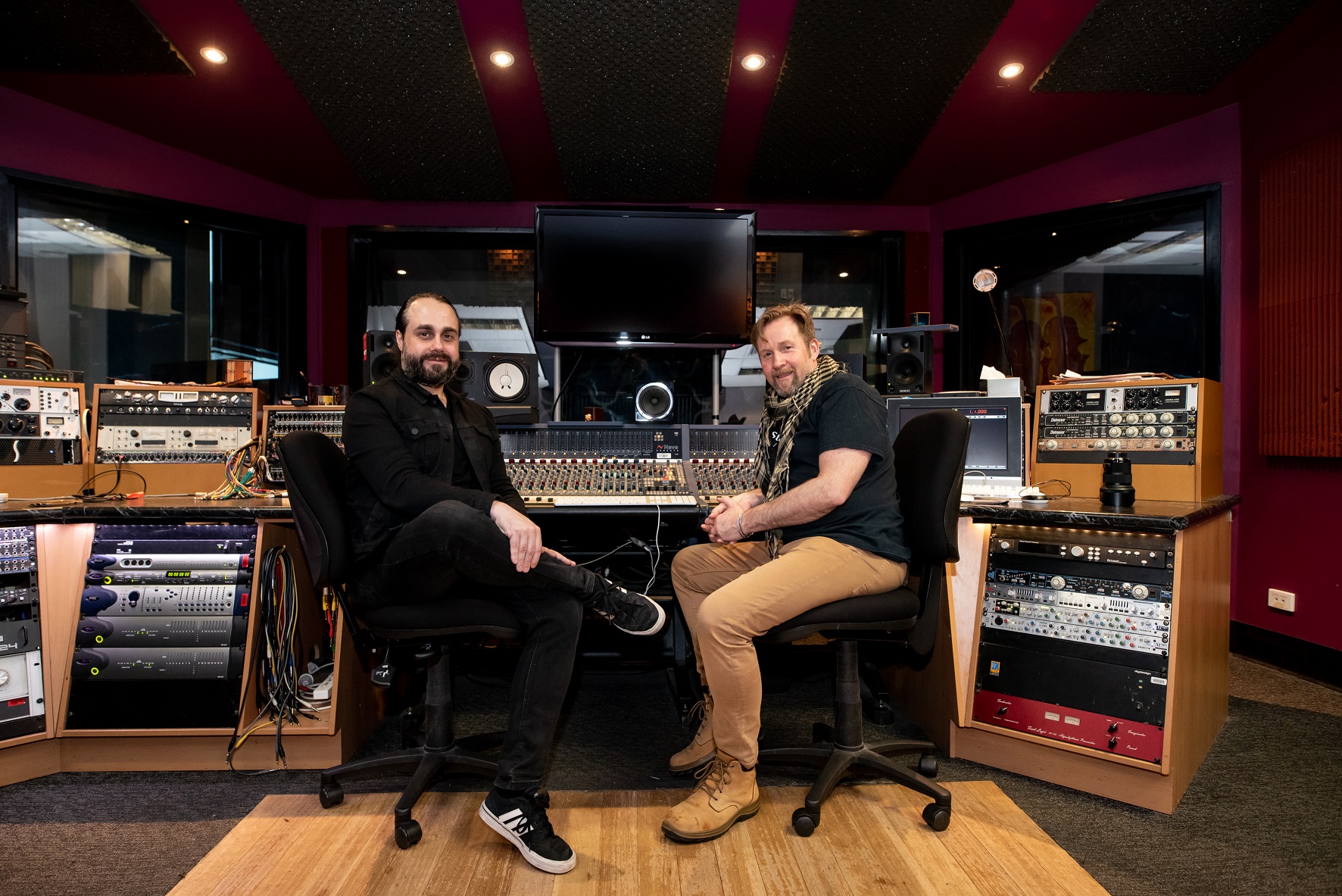Heads up all you budding music and stage techies out there – RMIT have short courses to help you build your skills in the industry.
RMIT offer music, sound, and lighting courses with industry standard equipment and experienced teachers. The best part? Completing some of them gives you a pathway into music industry and live production diplomas at RMIT.
“The vibe was basically we wanted to give people a taste about what the bigger course is about,” Mark Kelson, a teacher for the ‘Sound Production – Opening the DAW’ short course explains. “It’s sort of a compacted version of what you might experience. You get an overview and set on a path if that’s what you want to do with your life; it’s good to give people a taste of what it is before they throw themselves into a two-year commitment.”
Opening the DAW offers a complete overview of industry standard software, Pro Tools, and touches on Logic Pro X. Throughout the course you learn how to mix a whole song and spend some time in studios with the latest industry tech.
“It’s not a typo,” Kelson explains, “DAW stands for Digital Audio Workstation.” The 12-week course is in its first year, running every Tuesday night from 6.30pm – 9.30pm.
If YouTube videos just aren’t doing the trick, these courses might be perfect for people who want to enhance their own skills. “It’s by no means a basic, basic course.” Kelson said. “We do go into some relatively complex industry-based things as well.”
The courses are open to people aged 16+, and for many courses there are no prerequisites. “If you go online and enrol, you’re entitled to a place,” Kelson says. “We have a broad cross-section of students. We have people who have some experience, and others who haven’t used a computer in several years. We want it to be open to anyone.”
From intense one-day courses, all the way up to in depth 12-week courses like Opening the DAW, there’s also weekend courses that pack roughly five weeks worth of material into two or three days.
‘Sound, Light and Vision – An Introduction to Entertainment Production’ is a three–day course that also offers a pathway into certificate IV and diploma courses at RMIT. The course provides an opportunity for students to work with state-of-the-art technology in entertainment production with industry expert, Loki Lockwood.
“Everything you do with Loki is just really hands on,” Kelson says. “If you’re working with someone like Loki and you want to really get a taste of what live sound is about, you’re going to get a dose of what it’s really like.”
The teachers are industry professionals, who are passionate about their subjects. “Loki is the same as me, we’re both very into what we do,” Kelson explains.
“I’d say it’s not really a job, it’s what we do. I think that really resonates with the students, they know the difference from when a teacher’s just doing it and when they’re passionate about it. I think it’s the best way to educate; with knowledge, but also with passion.”
Kelson, having studied at RMIT himself, talks highly of the staff members who have put together these short courses. “We’re not just teachers.
“We’re still out there recording records, making gigs, touring, and doing all this sort of stuff. So, if you’re a person who hasn’t had a lot of industry contact, you’re going to get a taste of what it’s all about, and I think that’s really great.”
RMIT’s short courses range in price from $360 for the one-day course to $720 for the 12-week courses. Students leave with a certificate of completion, pathways to the certificate IV and diploma courses, and real-life industry experience.
Check out and apply for RMIT’s Sound Production – Opening the DAW and Sound, Light and Vision short courses via the dedicated short courses page on the university’s website. While you’re there, explore the myriad of other short courses on offer.







